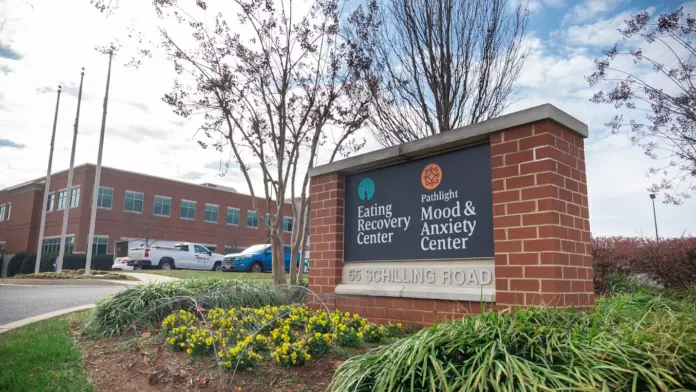About Pathlight Mood & Anxiety Center Baltimore
Pathlight Mood & Anxiety Center is located on Mount Royal Avenue in Baltimore, Maryland. They offer adolescents ages 13-17 and adults 18+ intensive, evidence-based treatment for mood, anxiety, and related disorders, with a partial hospitalization program (PHP) for 6-7 hours each weekday and an intensive outpatient program (IOP) that meets less often.
Various Populations Get Specialized Care
Services are offered to adolescents and adults with mood and anxiety disorders or co-occurring disorders and LGBTQ+ communities. Clinicians specialize in care for supportive diverse identities, and to individuals with trauma histories. If you have an eating disorder, they have a special track for that as well.
PHP and IOP Services Based on Your Needs
I find it encouraging to know that they provide you with multiple therapy options at Pathlight. PHP provides day treatment for those needing structured support each day, while IOP services provide flexible treatment for individuals transitioning from higher levels of care or needing significant clinical support while maintaining daily responsibilities.
Therapy Approaches include Behavioral Models
Programs are based on acceptance and commitment therapy (ACT), dialectical behavior therapy (DBT), cognitive behavioral therapy (CBT) and exposure therapy, and focus on both symptom reduction and skill-building for sustainable recovery.
Reviews for services at Pathlight are positive with clients describing staff as compassionate, supportive and highly skilled. Patients also note that they felt understood and respected by clinicians. They also highlight life-changing experiences and learning new coping skills for an improved outlook for their futures.
Pathlight accepts most payments for your services including commercial insurance plans, out-of-network or private payments. They provide financial counselors to help you navigate insurance and payment questions.
Located near the Walters Art Museum, Maryland Institute of College and Art and the University of Baltimore, Pathlight also provides access to community resources and green spaces suitable for relaxation and mindfulness practices that may contribute to your recovery.
Latest Reviews
Rehab Score
Gallery
Other Forms of Payment
Private insurance refers to any kind of healthcare coverage that isn't from the state or federal government. This includes individual and family plans offered by an employer or purchased from the Insurance Marketplace. Every plan will have different requirements and out of pocket costs so be sure to get the full details before you start treatment.
Self-pay involves paying for treatment out of your own pocket. You can use savings or credit, get a personal loan, or receive help from family and friends to fund your treatment. If you don't have insurance or your insurance plan doesn't cover a specific program, self-pay can help ensure you still get the care you need.
Medicaid is a state based program that helps lower-income individuals and families pay for healthcare. Medicaid covers addiction treatment so those enrolled can use their coverage to pay for rehab. When a program accepts Medicaid the client often pays very little or nothing out of their own pocket.
Sliding scale payments are based on a client's income and family size. The goal is to make treatment affordable to everyone. By taking these factors into account, addiction recovery care providers help ensure that your treatment does not become a financial burden to you or your family, eliminating one barrier to care.
Financial aid can take many forms. Centers may have grants or scholarships available to clients who meet eligibility requirements. Programs that receive SAMHSA grants may have financial aid available for those who need treatment as well. Grants and scholarships can help you pai for treatment without having to repay.
Addiction Treatments
Levels of Care
Commonly known as "day treatment," a partial hospitalization program (PHP) is a short-term intensive rehab option designed to provide treatment during the day and you're able to return home at night. PHP treatment offers structured programming, including individual and group therapy, typically meeting 3-5 days a week for 6-8 hours per day. PHP duration averages around 90 days, with some programs offering amenities like transportation and meals.
Clients who are leaving inpatient rehab often choose to transition into an intensive outpatient program (IOP) to receive high-level support as they reintegrate into their home, workplace, and community. Intensive outpatient rehab also benefits those at risk of relapse. Clients typically participate in nine to 20 hours of treatment weekly, with modalities ranging from psychotherapy to addiction and recovery education. Many programs also provide medication assisted treatment (MAT) and complementary care, such as nutrition counseling, and acupuncture.
Clients who are exiting detox or intensive inpatient treatment often enroll in outpatient rehab programs to ensure a robust continuity of care. Outpatient programs allow clients to remain in or return to their homes and workplaces while continuing to receive treatment, which typically includes addiction counseling and recovery-focused life skills training. Clients in opioid and/or alcohol recovery may also receive medication assisted treatment (MAT), including medication induction and maintenance, at an outpatient facility.
Telehealth technologies include the internet, video conferencing, streaming media, store-and-forward imaging, and land and wireless communications. Telehealth leverages these technologies to support remote healthcare efforts, which offer convenience and cost savings.
Treatments
Maryland dual-diagnosis rehabs typically offer comprehensive care to individuals with mental health and substance abuse diagnoses. You can usually find inpatient, outpatient, and partial hospitalization programs tailored to your specific needs. These specialized addiction treatment facilities combine evidence-based therapies — such as dialectical behavior therapy (DBT) — with experiential therapies like mindfulness, with the goal of treating both mental health disorders and providing you with the tools to stay sober.
Clinical Services
Cognitive behavioral therapy in Maryland emphasizes your current life rather than what has happened in the past. Your therapist will help you develop methods to deal with current and future challenges so you can cope in healthy ways that don't involve substances.
During dialectical behavior therapy sessions, you'll review the challenges you faced the previous week and the feelings you experienced during those times. You and your therapist will engage in problem solving, discussing how you can handle those situations in the future for a better outcome. This involves keeping a diary throughout the week to track your emotions.
Families in Maryland address the impact of addiction during family therapy. Your therapist fosters open communication between family members to help resolve conflicts and create a supportive environment. By improving relationships, you aid the recovery of the individual struggling with addiction.
Cognitive behavioral therapy and motivational interviewing techniques are often part of group therapy sessions. These are evidence based techniques that address thinking and behavioral patterns that trigger addictive behavior. Learning how to address these thought patterns can help create lasting change.
Individualized one on one therapy allows the therapist to focus on your specific challenges and strengths. Using a personalized approach enables the therapist to help you develop effective coping mechanisms and build a more stable and fulfilling substance free life.
The focus of trauma therapy is to heal the emotional wounds that occurred when you witnessed or experienced a traumatic event. Therapy helps you process this trauma emotionally and mentally so you develop healthier coping skills and improve your quality of life.
Staff & Accreditations
Staff

Harry A. Brandt, MD
Chief of Medical Services
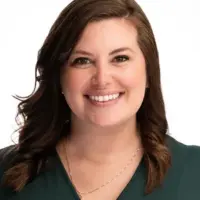
Lara Kenik, MS, RN
Regional Nursing Director
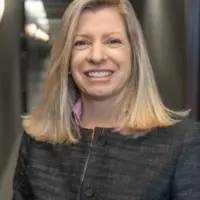
Kim Anderson, PhD, CEDS
Regional Clinical Director
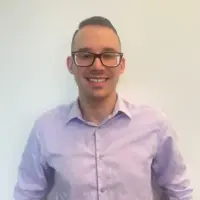
Zach Marselle
Director of Financial Operations

Steven F. Crawford, MD
Regional Medical Director
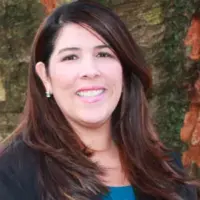
Irene Rovira, PhD
Executive Director

Stephanie Stewart
Regional VP

Kelsey Estry, MS, RD, LDN
Regional Director of Nutrition
Accreditations

The Joint Commission, formerly known as JCAHO, is a nonprofit organization that accredits rehab organizations and programs. Founded in 1951, the Joint Commision's mission is to improve the quality of patient care and demonstrating the quality of patient care.
Joint Commission Accreditation: Yes
Contact Information
101 Schilling Rd suite 40b,
Hunt Valley, MD 21030, United States
